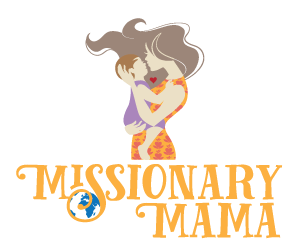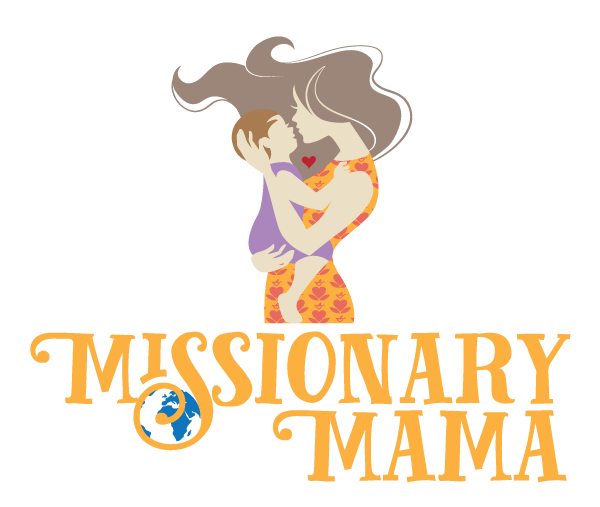
15 Aug Fair Trade: A Beginner’s Guide
Over the past two years, we have made a commitment to redeem the way this family shops. Some one-a person, or many persons-have produced or picked the goods we consume. Persons bearing the imago Dei-dignified, beautiful, and complex. As Christians, I believe we have a Biblical mandate to honor these persons with all available means – and we start with Fair Trade.
Modern day slavery is real. A staggering 78% are in labor slavery.
And truthfully, even when workers are paid, often times they are working in inhumane, dangerous conditions. (Look up the 2012, 2015, and 2016 factory fires in Bangladesh, as well as the 2013 factory collapse that killed over 11oo workers.)
What is Fair Trade?
There are two major organizations that set and apply Fair Trade standards: Fair Trade International, and Fair Trade USA
The international Fair trade system includes three producer networks, 25 Fair trade organizations, Fair trade International, and FLOCERT, the independent certification body of the global Fair trade system.
Fair Trade USA is the leading third-party certifier of Fair Trade products in the United States. In 2011, FTUSA resigned membership in Fair Trade International over differences in who was eligible to receive the International Fair Trade Mark.
A Biblical Mandate
This will be brief (because hello, beginner’s guide!) Time and again we are tasked to care for widows and orphans, the destitute, and those without a voice. (And friends? Take the time to dig into these verses in context – the mandate still holds.)
The prophet Micah, in chastising a disobedient Israel states, “He has showed you, O man, what is good; and what does the LORD require of you, but to do justly, and to love mercy, and to walk humbly with your God?” (Micah 6:8).
The author of Psalm 82 says, “Defend the weak and the fatherless; uphold the cause of the poor and the oppressed. Rescue the weak and the needy; deliver them from the hand of the wicked.” Interestingly, God is addressing the judges of Israel, implying a civic responsibility of public figures to ensure this commandment is kept. Regardless, it is a central tenet of the religious and political mandates of the time.
And then again in Proverbs (in what might be my favorite backstory), Solomon shares the advice his mother Bathsheba – words for a King.
“Open your mouth for the mute, for the rights of all who are destitute. Open your mouth, judge righteously, defend the rights of the poor and needy.” (Proverbs 31:8-9)
Crossing into the New Testament, Jesus addresses this issue in the Sermon on the Mount (Matthew 5-7), and then again in the parables he told his disciples at Mount Olive.
I may sound like a broken record, but dig into scripture yourself. The gospel truth is clear – in Christ alone, through faith alone, by grace alone. But oh friends, I believe our eternal gratitude for salvation produces the rich fruit of our obedience to these mandates.
So How Do We Start?
Set your priorities. I recognize this can be overwhelming, and has resulted in more than one existential crisis in Wal-Mart. For us, our budget + priorities dictates our choices, as does my Husband’s success during deer season.
So, in order of importance, WHEN WE CAN, this is how we shop:
- Slavery free.
- Fair Trade.
- Local.
- Organic.
- Whole foods over processed foods. (Tons of grace here though. I have four kids under the age of 9. Sometimes we eat McDonalds for lunch and mac and cheese for dinner. And by sometimes, I mean yesterday.)
- Used/Handmade.
For example, beef, sugar, and coffee are all food industries that are rife with slave and child labor. Those are the areas that I choose to spend more money ensuring we are purchasing products produced without the use of slaves. Practically speaking, that looks like eating as much deer meat as Husband brings home (to replace beef), and fair trade coffee and sugar. That is my first priority in the budget. When I can, I choose eggs from my friend’s chickens, and local produce from the farmer’s market over the grocery store produce, which helps ensure that underpaid and/or undocumented workers are not involved. And even if I’m not buying local or organic, my kids are still getting loads of fruits and vegetables. And truthfully, my friends, some days, I am slinking through Walmart with a bag of oranges and the $2 flat of eighteen eggs hoping to come under budget. It isn’t perfect, (I am using Apple products RIGHT NOW) but it is prioritized. Make sense?
In the clothing department, it is fundamentally out of reach for us to buy all brand new fair trade wardrobes for the kids, so all major purchases are generally hand me down or thrifted. (Again with the grace, because I bought matching Fourth of July outfits from the Children’s Place.) For myself, I tend to identify and budget for individual ethically sourced pieces, which has the added bonus of reducing my propensity for impulse buying.)
Resource List.
This list is by no means comprehensive. (And I have no professional affiliation with any of the companies – I just love them and use them myself). I encourage you to visit the websites of each organization/company and do the research necessary to equip yourself in making informed, intentional decisions.)
Slavery Footprint, part of Made In A Free World
The Root Collective (My friend and founder of shoe company The Root Collective, Bethany Tran compiled a 30 plus page ebook of fair trade businesses in every industry imaginable. You have to sign up for her newsletter to get it, but it’s worth it!)
Eco Fashion Guide – Searchable by brand, store, category, eco-criteria, and country. I spent a significant amount of time browsing through the different sites and it seems to have items in every price range.
Ethical Shopping Guide – The Art of Simple. A list of good companies with a conscience. Their criteria involves human and earth protection: positive efforts in environmental stewardship, no forced labor in the making of products, and ethical treatment of employees. {From the website}.
Fair Trade Your Supermarket. – Brands to look for at your local supermarket {or online}.
Fair Tuesday. – Explore 150 fair trade, eco-friendly, and sustainable brands. #fairtuesday is a movement created in response to Black Friday and Cyber Monday.
Better World Shopper. This is perfect for when you want a quick snapshot of the overall grade of any company with regard to ethical and sustainable practices. You can check out the app here.
“BETTER WORLD SHOPPER is a site dedicated to providing people with a comprehensive, up-to-date, reliable account of the social and environmental responsibility of every company on the planet AND making it available in practical forms that individuals can use in their everyday lives. Coming out of more than 5 years of intensive research, this work is based on a comprehensive database of over 1000 companies and utilizes 25+ reliable sources of data to cover everything from the environment to human rights, community development to animal protection.”
The reality is, the idea and implementation of Fair Trade is a nuanced, complicated conversation that requires research, listening, and humility. However, it is well worth the sacrifice to do the hard Kingdom work at hand, and to teach our children to recognize and value the imago Dei in us all.
~M.






No Comments